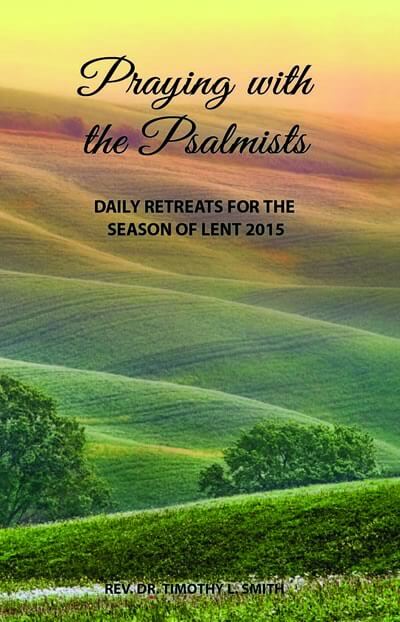 Something To Think About
Something To Think About
A psalm of David. When he fled from his son Absalom.
LORD, how many are my foes!
How many rise up against me!
Many are saying of me,
“God will not deliver him.” Selah
But you, LORD, are a shield around me,
my glory, the One who lifts my head high.
I call out to the LORD,
and he answers me from his holy mountain.
I lie down and sleep;
I wake again, because theLORD sustains me.
Psalm 3:1-5
We are barely into the Book of Psalms and we are introduced to trouble and enemies rising up. That tells us something about our world and our lives. The Psalms are very realistic about trouble and enemies who threaten. The superscript heading up today’s psalm tells us that this psalm written by David comes from one of the darkest, most humiliating times in his life. David’s own son Absalom has risen up in rebellion against him; in the dead of night David has to flee Jerusalem and head for the wilderness (see II Samuel 15-18).
Many people that David had counted as his friends have turned against him and joined with Absalom’s conspiracy. The historical record informs us that this was a time that “The conspiracy grew in strength, and the people with Absalom kept increasing” (II Samuel 15:12b). No wonder David begins this psalm with the cry, “LORD, how many are my foes!” All of this surely brings home to David his failure as a father and the ways he has wronged Absalom (See II Samuel 13:21, 25). David’s enemies looked at his sin and were confident that God had rejected him and concluded: “God will not deliver him.” The thought of being deserted by God would be more painful to David than being deserted by his family and friends.
“But you, O LORD…” Notice how in this psalm David quickly shifts his focus from his enemies to his God, who is his “shield” and “glory”. If you gaze too long at your problems they will grow to terrifying proportions, but their hypnotic power is broken when you fix your focus on God. God has everything under control and there is no need to panic. Although his enemies believed there was no help for David in God, David knew that God was a shield around him.
David’s words are not so much a prayer as they are affirmations. David declares what he knows to be true:
- You are a shield around me;
- You are my glory;
- You are the one who lifts up my head in dignity and honor;
- The LORD answers me when I cry to Him.
It is significant that David adds the word “Selah” after his bold affirmations of God as his deliverer and defender. The word “Selah” comes from a Hebrew word which means “to hang”, as in hanging up something to be weighed. In Bible times food and various commodities were hung on scales to determine their value. So in the Biblical text the word “Selah” instructs us to weigh, carefully measure, and reflect on what we have just read. “Selah” calls for us to follow the steps of Lectio Divina and to linger over God’s Word as we Read, Reflect, Respond, and Rest. It is important that we weigh and carefully measure what God has just said to us in His Word.
In the early church when praying the psalms became a daily practice, today’s psalm was made the Morning Prayer. What a great prayer to begin a day!
By turning his focus from his enemies to his God, David is then able to lie down and sleep, though surrounded by many troubles. And David sleeps not on a soft, comfortable palace bed, but in the wilderness. Yet David awakens each morning knowing that God has watched over him through the night. “Selah”! That’s something to think about!
READ REFLECT RESPOND REST
RECORD (optional)


 Something To Think About
Something To Think About
